Causes of Mental Health Illness in Children
Children are the most petite beings of all. Even a little trouble or a single bad memory is what turns their whole life into a problem. Do you also have children? Are you worried because your kid is acting differently? Well, this might be a sign of serious issues, such as depression, anxiety, self-harm, eating disorders, or other children’s mental disorders. There are no clear reasons for these illnesses but as researches show the majority tell us it’s because of childhood traumas and fears taking over the mind of nurturing children and reshaping it. They are stuck with it for so long that later it’s hard to get rid of them. The less likely reasons are:
- Having a long-term illness
- Moving home and/or changing school
- Being bullied
- Witnessing domestic violence
- Being abused
- Parents separating or divorcing
- Someone close to them dies
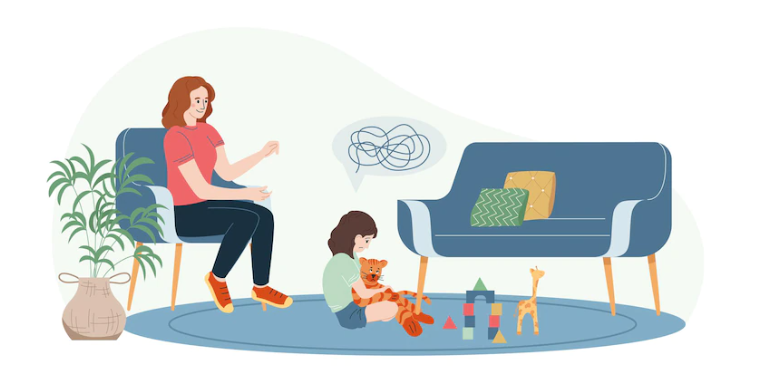
Now let me educate you bout how it can affect our children and the further diseases it invites with itself.
- Depression
Being sad doesn’t mean you’re depressed. Children have different behaviors if they are depressed it’s different from the normal blues. But if that sadness is constant and persistent then maybe your children are on an initial step to becoming broken inside. They will be all-time irritable, hopeless or sad. Maybe things they always loved are no more fun to them. Their eating patterns can change if they eat three two meals a day they might start eating 4 or start having 1. If they sleep two hours a day they’ll start sleeping for 4 hours or in some cases even for just an hour. They might be restless all the time and their heart could be sinking in the sea of sorrow. They must be feeling guilty about things they didn’t do and because of that, they might not want to pay attention to anything.
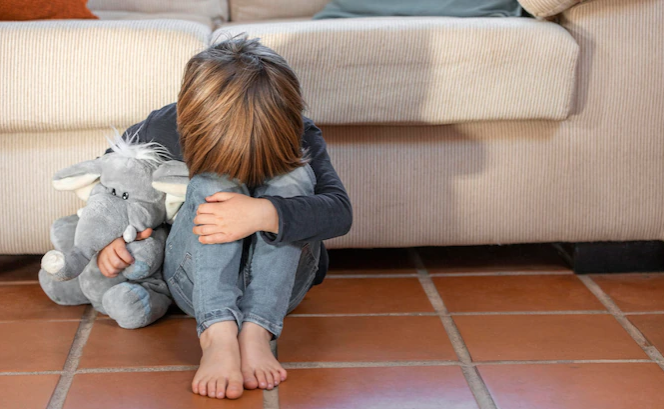
If your children are showing these signs they might lead themselves to self-harm. Research recommends that parental patterns of bad temper and withdrawal lead to short self-esteem in the youngster, and this poor self-image inclines the child toward depression. Childhood depression is also linked with a family past of mood disorders and with the existence of other psychiatric circumstances.
- Anxiety
When children are not able to cope with their fears and at the same time there are a lot of changes happening in their lives as well as a busy schedule they might lead to anxiety disorders. Now let me list some anxiety disorders:
- Separation anxiety; being very afraid when not with parents
- Phobias; being very afraid of a specific thing
- Social Anxiety; are not able to face people
- General Anxiety; thinking of the possibilities about the worst things that could happen in the future.
- Panic Disorder; suddenly becoming shaky and worried at times without any reason.
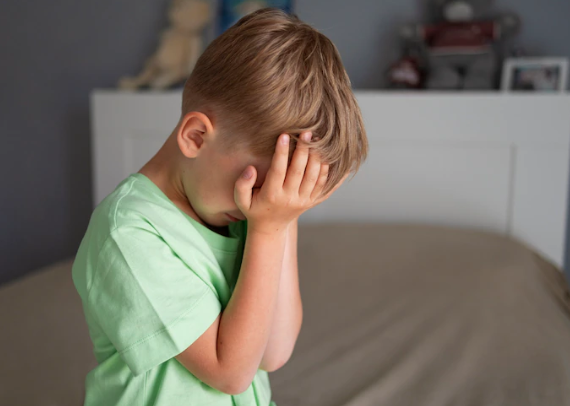
If your child is suffering from anxiety they might not be able to focus and will be going to the washroom too often. They might be suffering from bad dreams and so neither do they eat nor do they sleep. They might have extremely negative thoughts and have major outbursts. The reasons for these disorders are mostly because of a loved one’s death, loss, serious grief, violence, and mental abuse.
- Oppositional Defiant Disorder (ODD)
Oppositional Defiant Disorder (ODD) is a behavior disorder. It is found mostly in children. Your child will behave hostile towards you, their teacher, friends, and other people coming up with them. There will be constant outbursts and they will start targeting people. The reason this disease occurs in children is because of inherited and environmental factors.
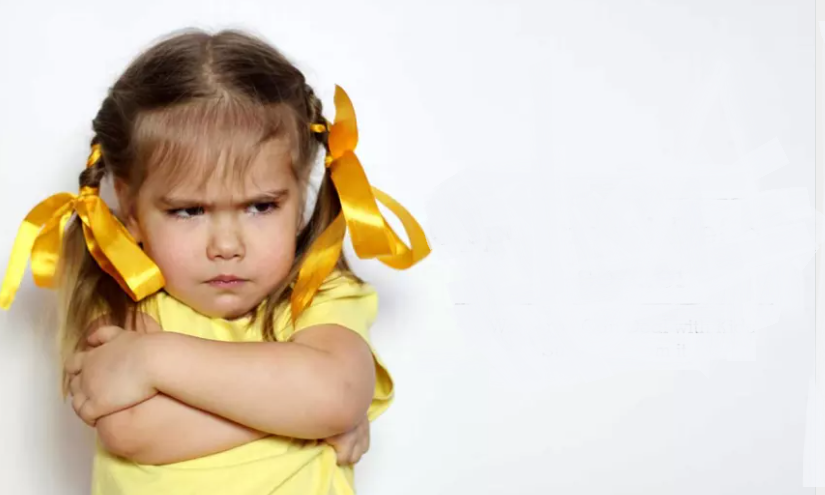
- Conduct Disorder (CD)
This starts with breaking home rules. Then they break the law and end up in jail. As signs, they will bully people and have physical cruelty towards animals and people. They will start doing things that even have the worst punishments and start doing worse than normal in their studies and then start becoming jealous of people.

The four categories of Conduct Disorder (CD) are:
- Aggression
- Destruction
- Deceitfulness
- Violation of Rules.
5. Attention-Deficit/Hyperactivity Disorder (ADHD)
ADHD is one of the most common neurodevelopmental issues in childhood. it also includes first diagnosed in childhood and frequently lasts into maturity. kids with ADHD may additionally have hassle paying interest, controlling impulsive behaviors (may additionally act without considering what the end result can be), or being overly active. In childhood, this disease is extremely mild but as their growing age, they start showing the symptoms and continue with this disease in their adulthood.
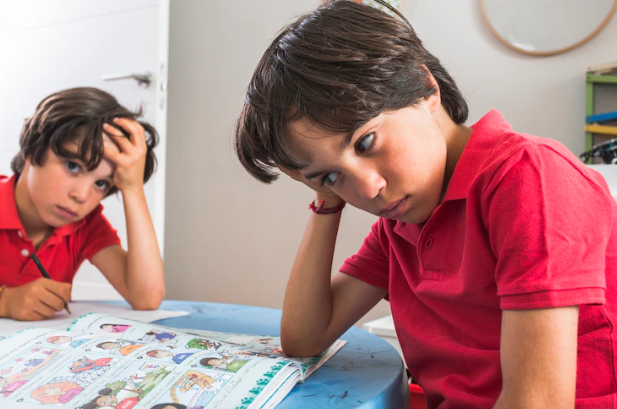
Here are some ways to control children with Attention-Deficit/Hyperactivity Disorder (ADHD):
- Praise them
- Give clear commands
- Help them to practice healthy habits
- Make schedules
- Help them with their social skills
Attention-Deficit/Hyperactivity Disorder (ADHD) normally occurs in children because of stress, poor sleep, and certain foods and additives.
To Sum It Up,
These are the most common mental health diseases that occur in children of the GEN-Z. these are extremely harmful and can god forbid lead to suicide. Many psychologically complex aspects of them don’t allow us to understand them but by knowing basic symptoms we can start preventing them.



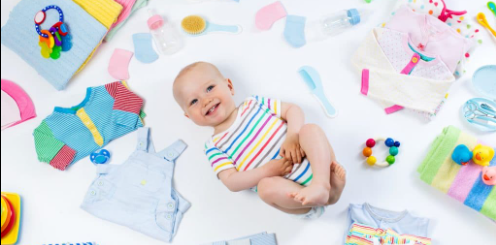
Wow. It feels like this person actually knows about what they are writing unlike other articles i have read. As a parent im concerned too and this article really is a brief but helpful guide. Moreover, the writing style was captivating.